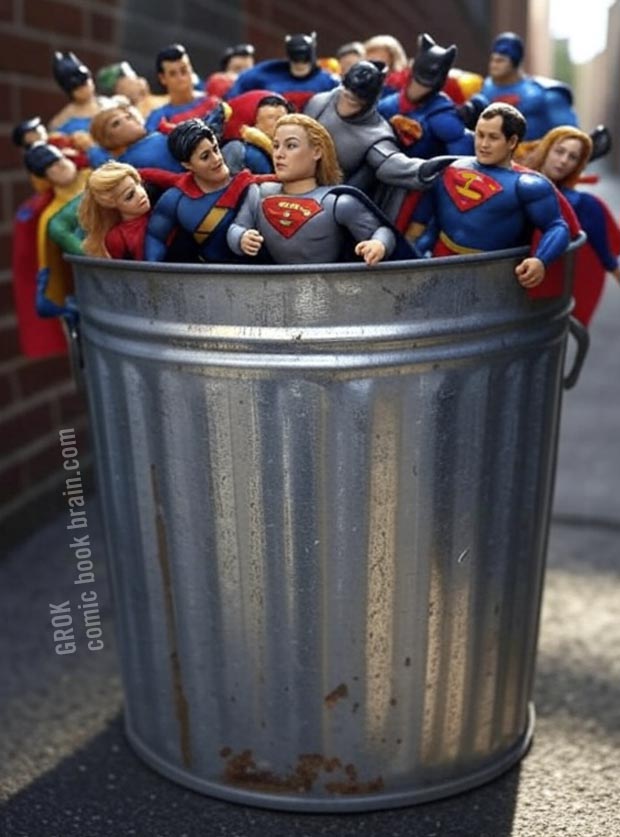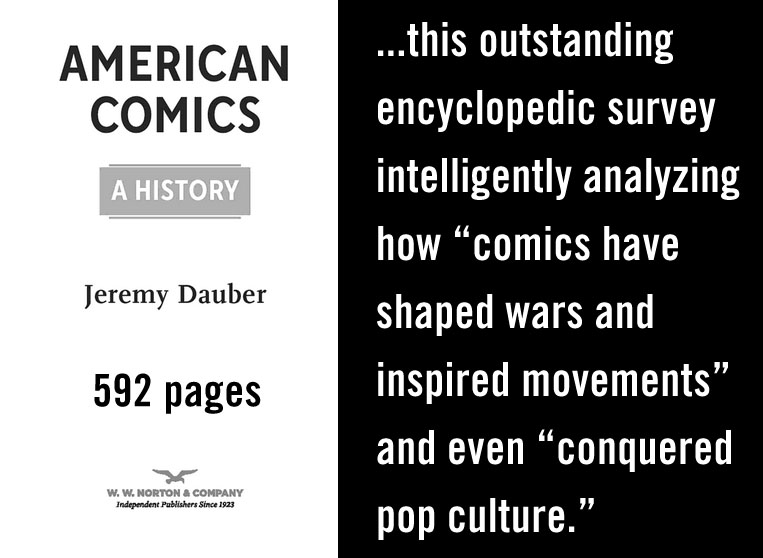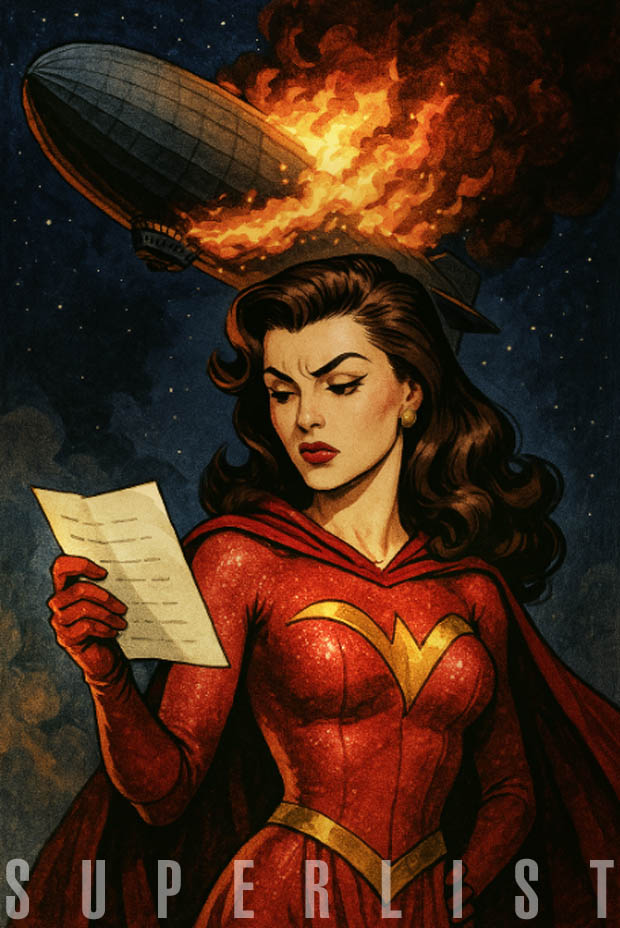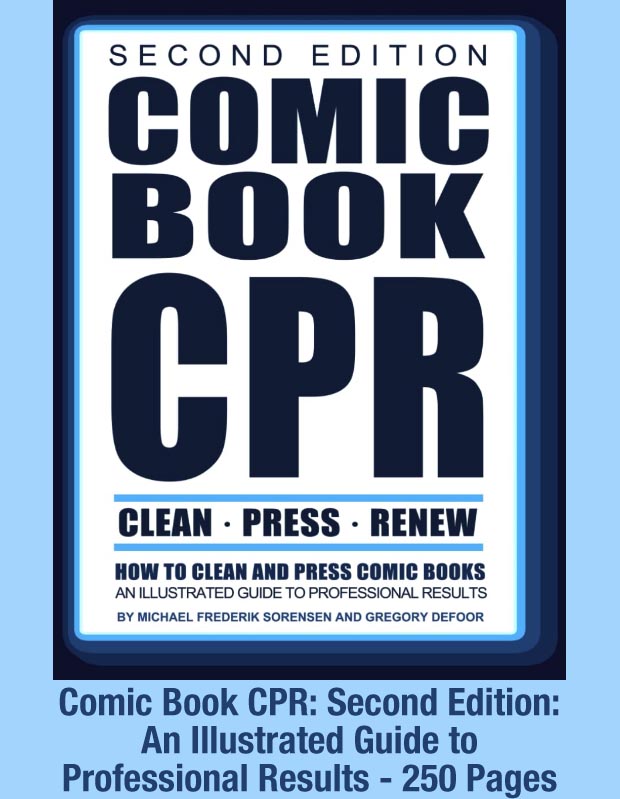The Superhero Movie War
Are these films garbage? Junk? Are they even movies at all?

2019
Any time spent studying how the entertainment world communicates with itself knows that success draw criticism, and that huge success always draws a backlash.
Scorsese continues his small war on Marvel superhero films, explains his rhetoric a little
Nov 4, 2019: Martin Scorsese strikes again at NY Times.
"...what’s my problem? Why not just let superhero films and other franchise films be? The reason is simple. In many places around this country and around the world, franchise films are now your primary choice if you want to see something on the big screen. It’s a perilous time in film exhibition, and there are fewer independent theaters than ever. The equation has flipped and streaming has become the primary delivery system. ...In the past 20 years, as we all know, the movie business has changed on all fronts. But the most ominous change has happened stealthily and under cover of night: the gradual but steady elimination of risk. Many films today are perfect products manufactured for immediate consumption..."
I feel sympathy with Scorsese because, in one particular way, his frustration is understandable: filmmakers want their projects to be shown on the big screen in a darkened theater, where movie-watching can become a near-hypnotic experience and total immersion in the story is possible. Instead, these more artistically inclined films are being pushed out to streaming platforms—an environment that is not ideal for cinema—due to the dominance of superhero films.
So where does this put the films intended to be "pure cinema" experience? It means watching a film on a significantly smaller screen, with significantly less-articulated audio, and the viewer is, perhaps from sheer habit, moving their eyes away from the movie to check their messages on their phone, tablet or laptop. Instead of the sheer physically-dominating event of a movie theater, the TV viewer is more of a master who can stop, pause, and rewind or forward the movie, can get up and leave and returns with snacks while the movie patiently waits for them. In a theatre, ideally,* the reverse is true and the submission of the consciousness of the viewer is more likely to be achieved, allowing for whatever qualities the movie possesses to make the most dramatic impression on the viewer.**
Scorsese admits the obvious in his piece, which is that had he been born later, this reaction to Marvel's movies might have been radically different to the extent he might like to make one himself. But as it stands, he has tried to watch a few of them and has come away with an accusation that the films contain no real sense of risk or excitement to him, but are so carefully constructed for easy "consumption" that, though he doesn't make this explicit, he seems to be saying they're not really films coming from Marvel Entertainment, but just "product."
Footnote
* On the other hand, in the last few years the phenomenon of viewers sitting in theatre seats and continually playing with their phones, little white squares of light in the darkened room, has become prevalent. Needing tickets sold, theaters are less apt to throw these people out, and as a weird barometer of manners, it shows that the audience is becoming filled with a new generation that expects and accepts the total surrender of a person to monitoring their internet life online no matter the environment.
**How many films have you seen in a theatre that impressed you, then seeing them again on a TV to discover the film has become boring?
Related: Kicking Marvel in the kneecaps 2019
Superhero movie punch-up
October 23, 2019: Director Francis Ford Coppola said:
"When Martin Scorsese says that the Marvel pictures are not cinema, he's right because we expect to learn something from cinema, we expect to gain something, some enlightenment, some knowledge, some inspiration," he said, according to the Agence France-Presse news agency and France 24.
"I don't know that anyone gets anything out of seeing the same movie over and over again. Martin was kind when he said it's not cinema," Coppola added. "He didn't say it's despicable, which I just say it is."
Story and quotes at Gamespot
Deadline Hollywood protests that Coppola is misquoted/translated.
More about this at Washington Post: Martin Scorsese and Francis Ford Coppola bashed superhero movies, but why should we care what they say anyway?
And, Cinemablend has a list of six directors who've all taken shots at superhero films.
Martin Scorsese said "Marvel movies are more like amusement parks than movies"
Superhero movies
: are drawn from the movie serial days of Hollywood, low-budget fare used to fill in time on screens before or between feature films in the days when a patron could sit in a theater all day on a single ticket. Structured as serialized stories, this technique of splitting up a tale into segments had already been heavily utilized for short films during the era of silent cinema. A more modern example would be the 1936 13-part Flash Gordon serial which was marketed primarily at youth (and based on the Alex Raymond newspaper comic strip). Since the 1979 Superman film, superhero movies have been able to branch out into gaining an adult audience, but it is still grounded in a kid's world of entertainment, heavily reliant on comic books for material (and success). Broad deviations from the original comic book stories usually leads to box office disaster.
Joe and Anthony Russo counter attack Scorsese
Nov 17, 2019: As noted for credentials in this article at Hollywood Reporter, Joe and Anthony Russo have "have directed two of the five highest-grossing films of all time."
A point the team-directors make is:
Scorsese has noted that he has tried to watch a few Marvel films, but quickly abandoned them. The Russos note it's challenging to have a dialogue about cinema if the acclaimed director hasn't seen the films he is talking about.

"Scorsese is right except when he's wrong"
November 7, 2019: The Washington Post weighs in on the Martin Scorsese vs. Marvel Superhero Movies debate.
Story at Washington Post
"For too long, the press — yes, including critics — has been prone to grade the Comic Book Industrial Complex on a curve, hungry for clicks, cowed by the genre’s popularity with readers and worn out by hyper-defensive fans."
This paradigm mentioned by the writer (Ann Hornaday) could be applied to a lot more than just the "Comic Book Industrial Complex." A distinguishing characteristic of today's media machine is the effort to simultaneously cajole, while being afraid of, "youths."
Disney's Bob Iger shoots back at Scorsese with "I Don't Think He's Ever Seen a Marvel Film"
Nov. 4, 2019: The question could be a set-up for a brutal response. More about the Hollywood infighting at Hollywood Reporter
And Roger Corman piles on (Disney) also at Hollywood Reporter
And Newsarama prepares a checklist for Scorsese so he can catch up on what the rest of the world has been buying tickets for lately.

Disney and Marvel:
The Crisis in Confidence at Marvel
Are the franchises dying? Star Wars
Disney approaches the crossroads – Summer of 2023
Disney vs its vassal companies – 2023
The Disney and Marvel future 2020 and beyond
Marvel summary of productions, November 2020
Marvel's plans mean expansion 2020
Kicking Marvel in the kneecaps 2019
Disney Buys Marvel Comics for $4 billion - 2009 The House of Mouse buys the House of Ideas
Disney spends $71.3 billion to get 21st Century Fox - March 2019
Disney Movies:
Star Wars: The Rise O'Skywalker Log
Captain Marvel II - the Superman problem: the hero is an overpowered, unrelatable hero
Marvel currently rules the cinematic world - May 2019
My Marvel Wish List - March 2019
Comic Book Movies
The Coming Comic Book Movies 2025-2026
Top Earning Comic Book Superhero Movies
Screen Reviews
Thunderbolted - 2025 - what's wrong with this movie?
Review of Daredevil Born Again
Captain America: Brave New World
Short Review: She-Hulk, Attorney-at-Law
Fast review: Dungeons and Dragons: Honor Among Thieves
Dungeons and Dragons Honor Among Thieves – a Film with antecedents – Harry Potter plus Guardians of the Galaxy plus Lord of the Rings, etc.
Fast review: Dungeons and Dragons: Honor Among Thieves
Dungeons and Dragons Honor Among Thieves – a Film with antecedents – Harry Potter plus Guardians of the Galaxy plus Lord of the Rings, etc.
Original page November 2019 | Updated June 25, 2025


